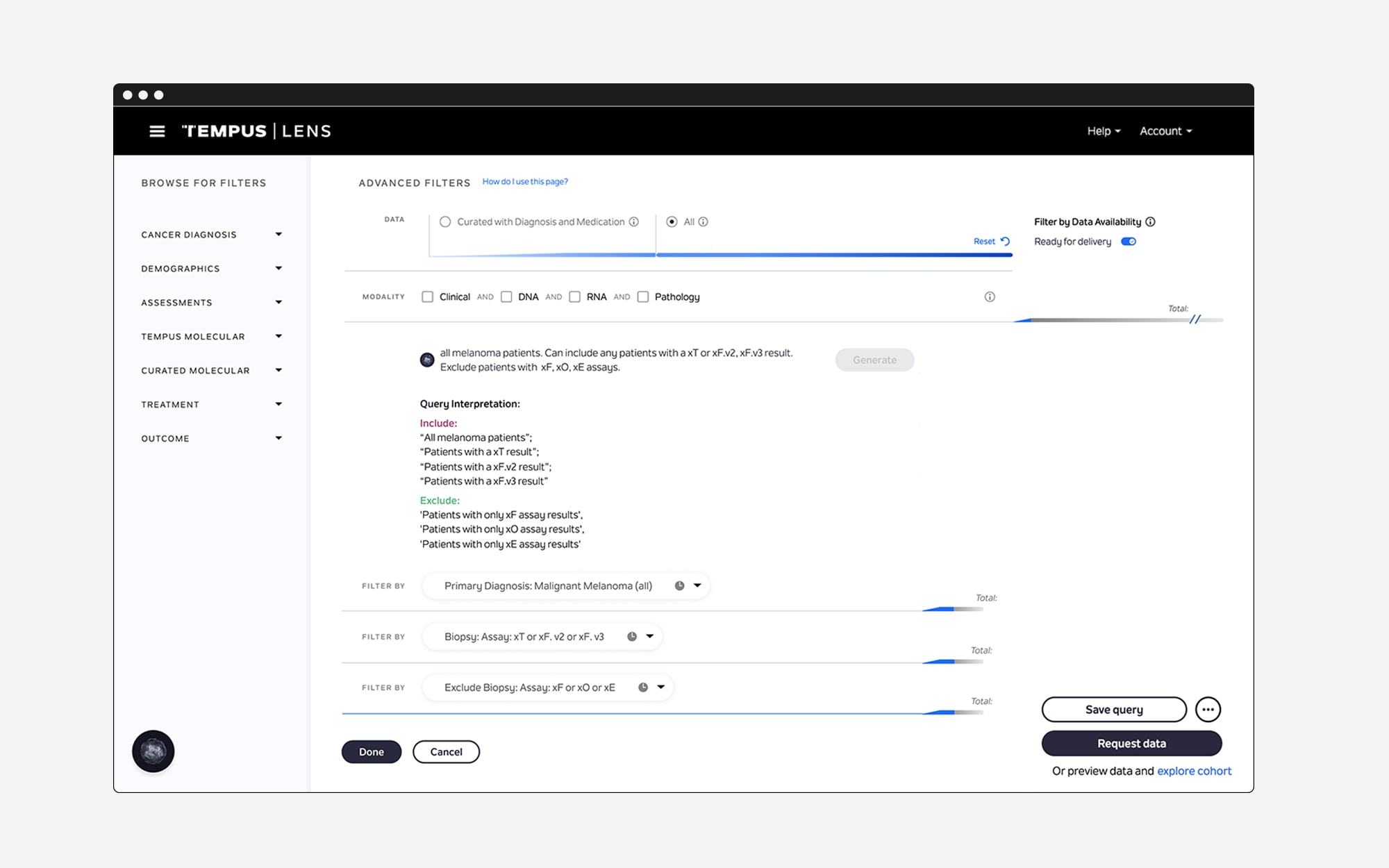Boehringer Ingelheim Taps Tempus’ AI and Patient Data to Deepen Cancer Research Pipeline
Tempus has entered a strategic multi-year collaboration with Boehringer Ingelheim to support the expansion of Boehringer’s oncology pipeline using AI and multimodal real-world data. The announcement formalizes years of earlier joint work and gives Boehringer access to Tempus’ de-identified dataset, which includes clinical, molecular, and imaging data, as well as its AI-powered analytics platform Lens.
The collaboration is designed to support a range of objectives across the oncology R&D lifecycle, including biomarker discovery, patient stratification, drug combination hypothesis generation, and investigation of patients’ treatment trajectories. Boehringer’s computational and oncology research teams will integrate this external real-world data with their internal preclinical findings to refine target discovery and guide therapeutic development.
As part of the agreement, Boehringer Ingelheim will gain access to Lens, Tempus’ data analytics platform built to interrogate multimodal real-world datasets at scale. Lens enables users to define patient cohorts using structured and unstructured data filters, explore treatment patterns, biomarker prevalence, outcomes, and adverse events, and run custom analyses in a dedicated cloud environment using tools like Python or R.

Within the Lens platform, Tempus One applies large language models to interpret cohort criteria and return matched patient records.
The platform also incorporates AI capabilities—such as natural language interfaces for cohort generation and conversational exploration of clinical records—designed to shorten time-to-insight and support hypothesis development.
COO Ryan Fukushima described the expanded agreement as validation of long-term collaboration rather than a speculative AI announcement. On LinkedIn, he characterized the partnership as "not another AI-generated ‘potential breakthrough’" but the result of practical, ongoing integration of multimodal data into oncology research workflows.
Tempus’ platform combines one of the largest structured libraries of multimodal healthcare data with machine learning systems designed to generate insights that can be used both clinically and in drug development. As the collaboration expands, Boehringer plans to deploy multiple Tempus solutions across its oncology programs.
Topics: AI & Digital